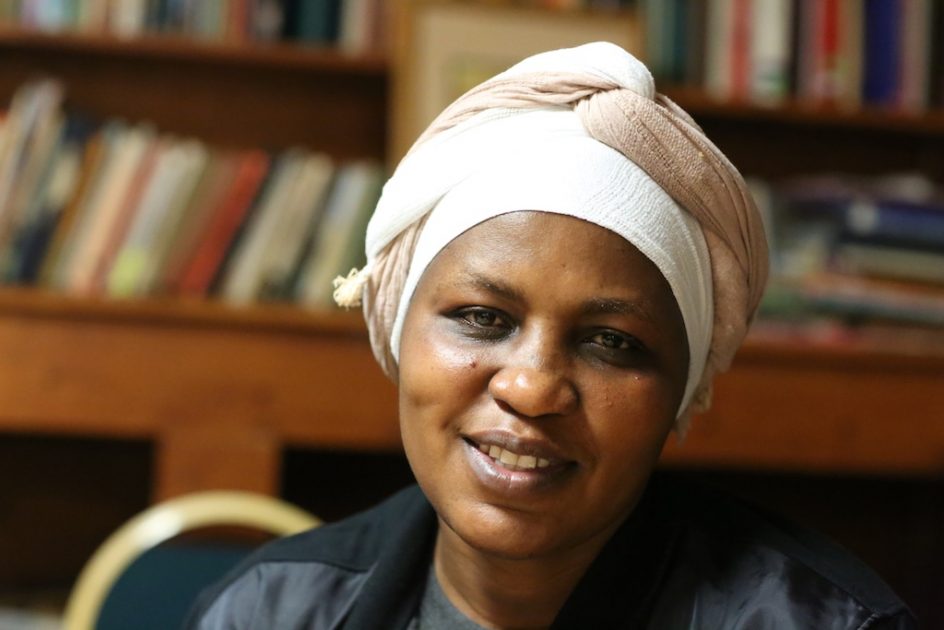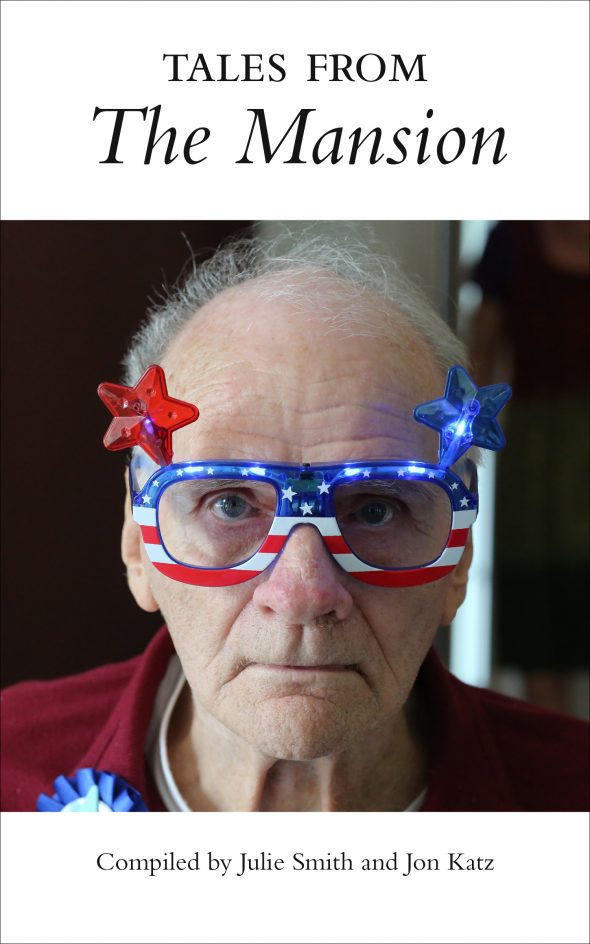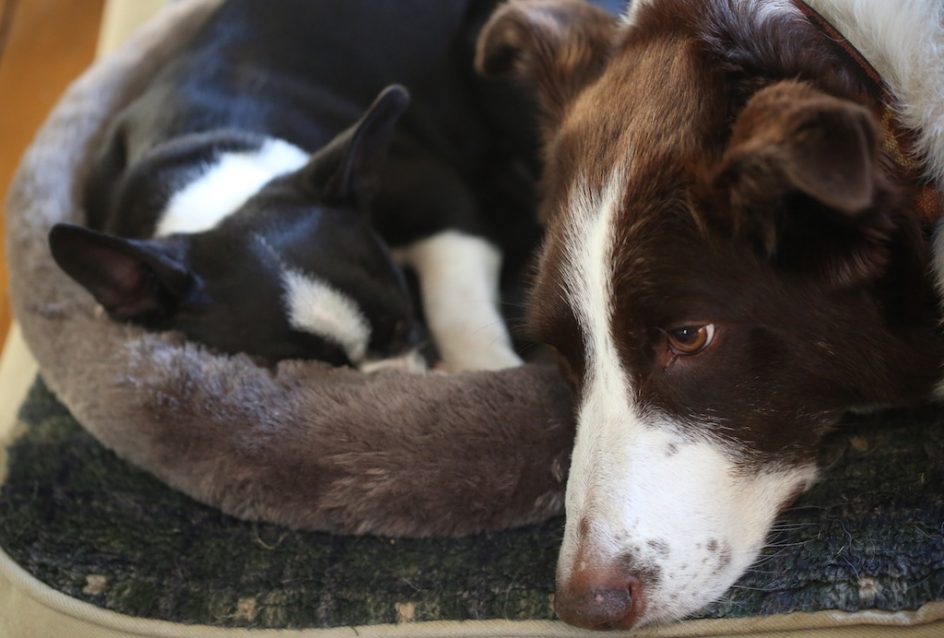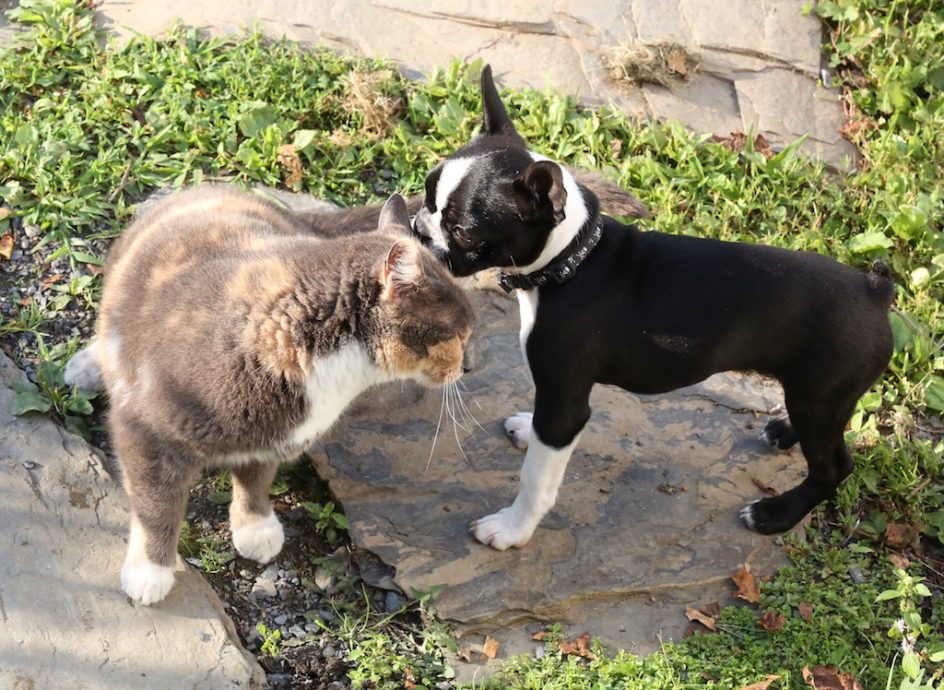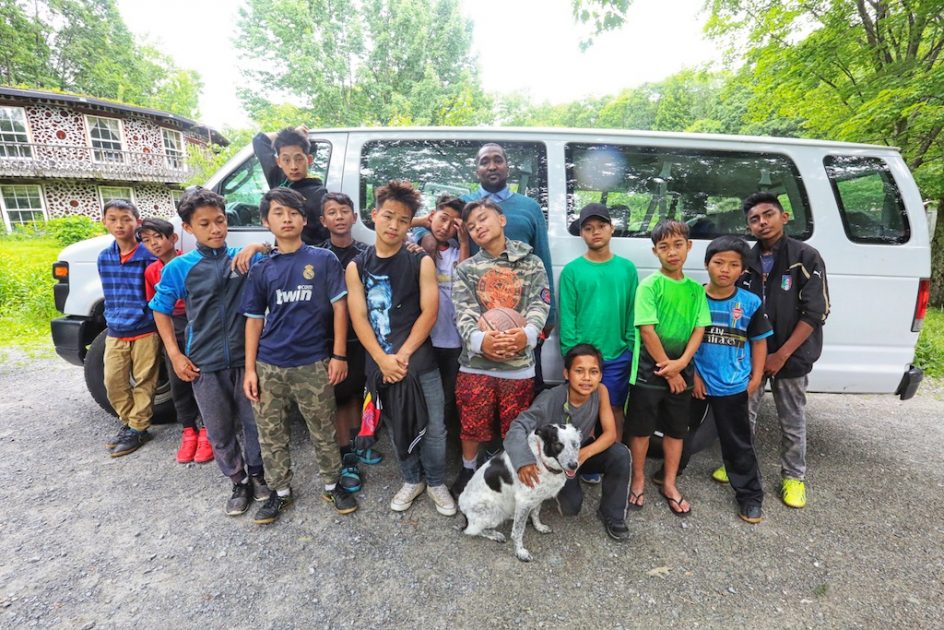
Hannah Arendt’s “We Refugees” was written in 1943, after Arendt, one of the world’s greatest moral philosophers, was driven from Nazi Germany. Her essay is considered one of the classic writings about being a refugee or an immigrant, and today, I was drawn to go back and re-read it as America considers re-defining what an immigrant is.
It is just as powerful to me as it was when I first read it some years ago. And as I meet more refugees and immigrants, I also see how timely it is for me.
I consider myself a refugee, which is strange for someone who was born here and was never persecuted by anyone outside of my family. I come from refugees. was raised by refugees and English teachers, I grew up around refugees, I have struggled with identity and place my whole life, which I have been told is common among children from refugee families. I was close enough to breath it and touch it – the fear, the disconnection, the struggle to adjust to an impossible and often brutal reality.
In a curious sense, I re-defined myself as a refugee when I moved from the city to the country, once again, I experienced the feeling of belonging nowhere, and I feel it still. I will never have a natural home again, I will always be an outsider, I can never go back or be fully accepted here or anywhere. In the city, it was worse.
It is this sense of estrangement and wandering and a forever cloudy identity that defines a refugee. We all need to belong to something, and when everything we have known or loved is torn away from us, we are adrift, like a meteor sailing through space.
I was thinking about this all day after I heard the news about the new plan to cut immigration in half and close the door on people who don’t speak English, or who are poor and “unskilled.”
Our common values are shattered, Arendt wrote, when we allow our weakest members to be excluded and persecuted, when we slam our doors on the neediest and most vulnerable. As a refugee, I have always loved America for aspiring to something great, even if it often failed.
This, wrote Arendt, is “a message that projects a long arm into the present and can be read in the current global context that sees indifference and outright hostility to refugees, a political and social attitude that can come only at the price of exacerbating tensions and rupturing the moral fabric of the perpetrators of such indifference and hostility.”
I never take the news personally, but I am not sure how I am supposed to feel about a country that would no let me or my people in or want them here. I guess that makes me undesirable.
None of my refugee forebears spoke English or had a dime when they came here, none of their “skills” were of any use here. But they never took a penny from anyone else, and never had a vacation in their 60 years of work.
A refugee, wrote Arendt, used to be a person driven to seek refuge because of some act committed or some political opinion held. Now, she wrote “refugees” are those of us who have been unfortunate enough to arrive in a new country without means and have to be helped by Refugee Committees. A refugee can be anyone, anytime, anywhere, in the wrong place at the wrong time. There are 65 million refugees in the world now, estimates the United Nations. We don’t want any of them here, it seems.
When I meet and speak with the refugees I have been writing about, I keep thinking about loss, as I did when I thought of my own family, and sometimes, of me. They have lost their language, which means they have lost the familiar cues, the naturalness of reactions, the simplicity of gestures, the confidence of understanding, the unaffected expression of feelings. Most have lost all of their friends and many family members, their private lives and social networks have been rupture or destroyed, their flesh and blood abandoned, if they are alive at all.
Some have experienced the deepest traumas and horrors. We call it post-traumatic stress, they have no name for it and do not expect to heal from it. The angry men on television arguing for new laws are devoid of empathy, and of heart. I fear for their children.
Even among themselves, the refugees never speak of the past unless asked, and their wish is that no one asks them about their memories. Their way of mastering a frightening and uncertain future, I think, is to plan and work and wish and hope. They are masters of looking ahead.
No one who is not one of them can ever really understand them, or what they are feeling, yet the lives and futures of their children depend almost entirely on strangers outside of their experience.
Their happiest times are past, and they know it. They pray only for safe and peaceful times, and good lives for their children. That is, after all, why they came here. “Sometimes,” wrote Arendt, “Imagine that at least nightly we think of our dead or we remember the poems we once loved.”
We learn to always be optimistic one refugee mother told me recently, “we use all sorts of magical tricks to conjure up the spirits of the future.”
Although “death lost its horror for us,” wrote Arendt, “we refugees have gotten used to wishing death to friends or relatives; if somebody dies, we imagine all of the trouble he has been saved. Many of us end by wishing that we, too, could be saved some trouble, and act accordingly.”
When she is saved she felt humiliated, she wrote, and if she is helped she feels degraded.
When we exclude and persecute the most vulnerable, or turn away while others persecute the weakest among us, said Arendt, then our common understanding of good and morality is shattered. The poor refugees might suffer horribly, but we will suffer as well for turning them away, something good that bound us irrevocably broken.
Watching the news today, I had a simple response to this. I am going to help these people. I am going to help raise this money for Devota, and get some carving tools for Mawulidi, the wood-carver who lost his tools. And buy new uniforms for the RISSE soccer team and make sure that no elderly resident of the Mansion spends another day or night sweltering from the summer sun.

